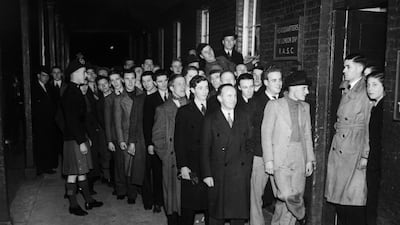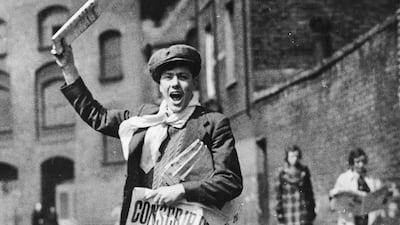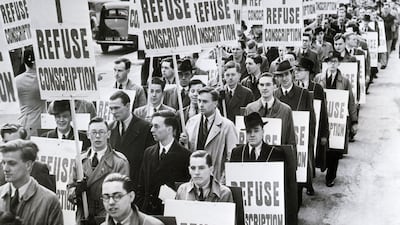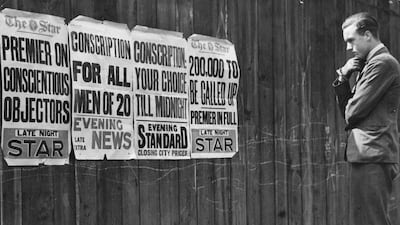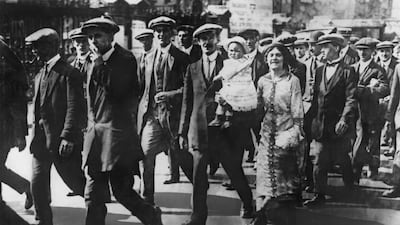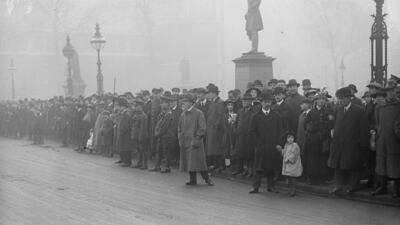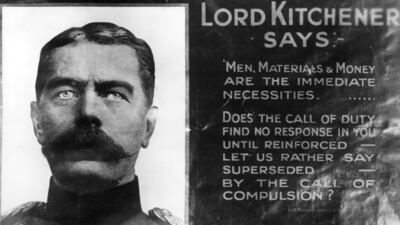Downing Street has been forced to rule out the prospect of conscription being introduced in the UK after a military chief said Britain may need to train and equip a citizen army to fight Russia in a future war.
Chief of the General Staff Gen Sir Patrick Sanders said preparation for any conflict would need to be a “whole-of-nation undertaking” and that citizens should be trained and equipped to be in a state of readiness.
In a speech this week, he said that the army would not be big enough to fight an all-out war with Russia even if it had 120,000 fully trained soldiers.
“Taking preparatory steps to enable placing our societies on a war footing when needed are now not merely desirable but essential,” Gen Sir Patrick said at an armoured vehicles conference in south-west London.
“Within the next three years, it must be credible to talk of a British Army of 120,000, folding in our reserve and strategic reserve.”
The UK army, which has trained more than 30,000 Ukrainian citizens to become soldiers to fight Russia, is predicted to number just 72,500 soldiers by 2025.
Asked about the prospect of conscription in Britain, a spokesman for Downing Street said: “The British military has a proud position of being a voluntary force. As I say, there’s no plan for conscription.”
He added: “I think these kinds of hypothetical scenarios, talking about a conflict, are not helpful and I don’t think it’s right to engage with them.”
Last week the chair of Nato's military committee, Admiral Rob Bauer, said civilians in member states should be prepared for a potential future war with Russia.
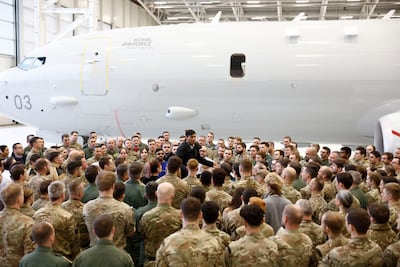
A large number of civilians would have to be called up if conflict accelerates in Europe, he added.
The UK has said it wants to increase defence spending from 2.1 per cent of GDP to 2.5 per cent in the future.
Last week, Defence Secretary Grant Shapps said that the world was “moving from a postwar to prewar world”.
The UK, he said, must ensure its “entire defence ecosystem is ready” to defend its homeland.
Richard Dannatt, who was chief of the general staff from 2006 to 2009, compared the current situation with the 1930s when the woeful state of the UK's armed forces failed to deter Nazi aggression.
“There is a serious danger of history repeating itself,” he wrote in The Times newspaper last week, calling for UK defence spending to reach 3 per cent of GDP.
“If our armed forces are not strong enough to deter future aggression from Moscow or Beijing, it will not be a small war to contend with but a major one.”
What is conscription?
Civilians face whole or partial mobilisation orders to join the army, usually for a set period of time after war has been declared. Long standing schemes have included National Service.
This has only happened twice in UK military history – the first time being during a period which included the First World War, from 1916 to 1920, and the second during and after the Second World War, from 1939 to 1960.
More than 2.5 million men aged between 18 and 41 were conscripted during the First World War.
During the Second World War, about 1.5 million people were conscripted, including women for the first time.
The last conscripted soldiers were discharged from the UK army in 1963.
Many countries still have some version of conscription, or national service, in place, including the UAE.
